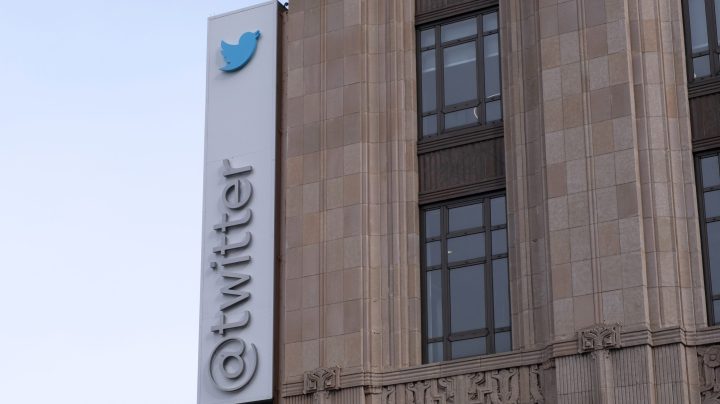
Banks that helped finance Musk’s Twitter purchase field low bids for debt
Banks that helped finance Musk’s Twitter purchase field low bids for debt

We’re just today wrapping Week 2 of the richest man in the world doing whatever it is that he’s doing to Twitter. And while you may already be up to speed on that whole rollercoaster ride of mass layoffs, $8-a-month check marks and all that, there’s a whole other part of the story that’s not getting as much attention.
Musk paid $44 billion to buy Twitter. But it wasn’t all his money. He borrowed $13 billion of it to help foot the bill, and Bloomberg News is reporting that the banks that lent him that money are now trying to offload those loans. They’ve reportedly received offers for as little as 60 cents on the dollar.
It’s pretty standard for a bank to sell off loans it made to help buy a company. In fact, that’s often the point, said Drew Pascarella, senior lecturer of finance at Cornell University.
“Banks generally make loans with the thought in mind that they would eventually sell at least a portion of those loans to other investors,” he said.
Pascarella said by this point, banks have already collected their fees. And they don’t want to keep too much of their cash tied up with one company.
Plus, there are plenty of other investors that might be interested in taking on those loans.
“Hedge funds and private investors that are looking to generate return for their investors or themselves by way of the yield on these loans,” Pascarella said, for example.
But what’s unusual about this deal are the sharply lower prices those potential buyers are offering.
Sixty cents on the dollar? That’s not the norm, said Matteo Arena, finance professor at Marquette University.
“Usually you see discounts, you know, 90 cents on a dollar, maybe 85 cents on a dollar,” he said.
Arena said those potential buyers — the hedge funds and private investors — are worried. What if Twitter’s advertising revenue dries up? What if Twitter goes bankrupt?
“If the company goes bankrupt, how much of the money we’re lending we’re going to be able to get back in court?” Arena said.
These kinds of questions are on the table because of what’s been happening at Twitter lately.
“You don’t usually have a company lay off half of its employees within a week,” said Afra Afsharipour, a law professor at University of California, Davis.
She said most people who borrow to buy companies typically take some time after an acquisition to work with their lenders and figure out how they want to restructure the company “in the hopes that they turn around the business and they sell it to somebody else, or they take it public,” Afsharipour explained.
Either way, she said there are probably plenty of investors who’d be willing to buy these loans — if they believe in Twitter’s future or if that debt is dirt cheap.
Clarification (Nov. 11, 2022): This story has been updated to clarify that some banks have received offers of 60 cents on the dollar from investors for a piece of the Twitter debt, according to Bloomberg.
There’s a lot happening in the world. Through it all, Marketplace is here for you.
You rely on Marketplace to break down the world’s events and tell you how it affects you in a fact-based, approachable way. We rely on your financial support to keep making that possible.
Your donation today powers the independent journalism that you rely on. For just $5/month, you can help sustain Marketplace so we can keep reporting on the things that matter to you.

















